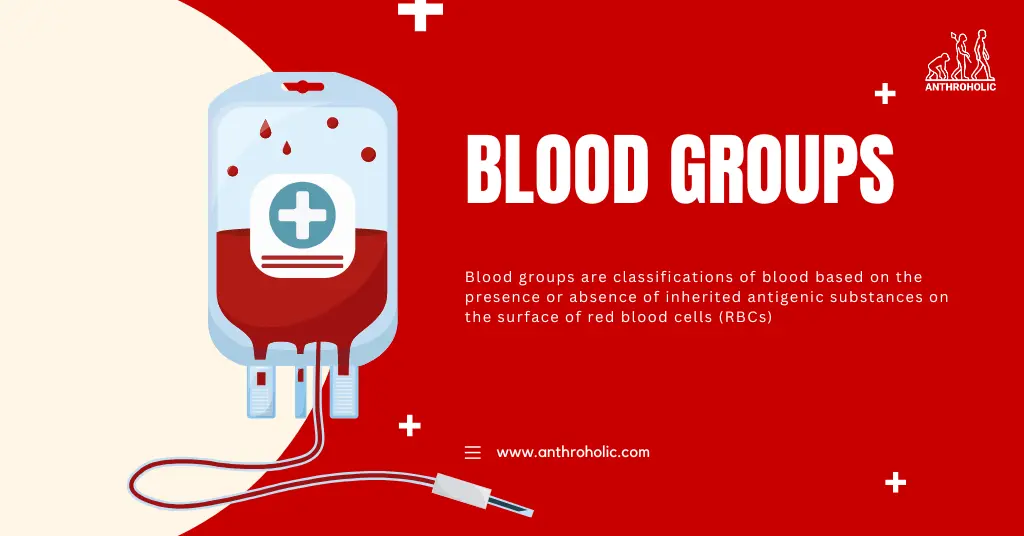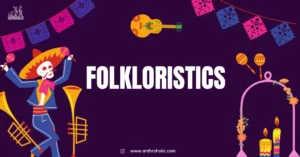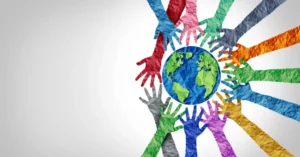AI Answer Evaluation Platform Live Now. Try Free Answer Evaluation Now
Blood Groups
Blood groups classification is a crucial aspect of human biology that plays a pivotal role in personal health to maternity care. Therefore, it is crucial to hold an understanding about the world of blood groups, discussing their scientific origins and their implications in healthcare.

What are Blood Groups?
Blood groups are classifications of blood based on the presence or absence of inherited antigenic substances on the surface of red blood cells (RBCs) [1]. These antigens can be proteins, carbohydrates, glycoproteins, or glycolipids, depending on the blood group system. Among them, the ABO and Rh blood group systems are the most prominent.
ABO Blood Group System
The ABO system is determined by the ABO gene present on chromosome 9 [2]. This gene has three alleles: A, B, and O, resulting in four blood groups:
- Group A: only A antigens on red cells
- Group B: only B antigens
- Group AB: both A and B antigens
- Group O: neither A nor B antigens
Rh Blood Group System
The Rh system comprises more than 50 antigens, the most important of which is the D antigen [3]. Individuals possessing the D antigen are Rh positive, while those without it are Rh negative.
| Blood Group | Antigens Present |
|---|---|
| A | A |
| B | B |
| AB | A, B |
| O | None |
| Rh+ | D |
| Rh- | None |
The Significance of Blood Groups
The importance of blood groups extends across various health-related arenas:
- Blood transfusions: A mismatch in blood group during transfusion can lead to a severe, potentially life-threatening, immune response.
- Pregnancy: Rh negative mothers carrying an Rh positive baby can lead to Rh disease in the newborn.
- Disease susceptibility: Certain blood groups may predispose individuals to specific diseases or conditions. For instance, group A is linked to a higher risk of certain types of cancer, while group O may provide some protection against severe malaria.
How is Blood Group Determined?
The process of blood grouping involves two key steps:
- Forward typing: This involves detecting antigens on a patient’s red cells using specific antibodies.
- Reverse typing: It includes detecting antibodies in a patient’s plasma using specific antigens.
Both steps are necessary to ensure accurate results, as they cross-verify each other.
Blood Group Distribution: A Global Perspective
The distribution of ABO and Rh blood group systems varies across the world, influenced by factors such as ethnicity, geographical location, and population migration [4].
In conclusion, understanding blood groups provides crucial insights into many aspects of human health, from transfusion medicine to disease susceptibility. It is a complex yet fascinating world, where biology and genetics intertwine to create a unique part of our identity.
The global distribution of ABO and Rh blood group systems is quite diverse, primarily influenced by ethnic and racial backgrounds. For instance, blood group O is the most common worldwide, accounting for over 60% of the population in South and Central America. However, in Europe and Asia, its prevalence is closer to 40% and 30% respectively [5]. The Rh+ phenotype is predominant, with about 85% of the global population being Rh+.
Blood Groups and Personalized Medicine
With advancements in genomics and personalized medicine, our understanding of blood groups’ influence extends beyond transfusion and transplantation medicine. Recent research suggests that blood groups might have profound implications in disease susceptibility, response to treatment, and overall prognosis.
For example, individuals with blood group O are less likely to suffer from severe cardiovascular events and are at a lower risk for certain types of cancers. Conversely, blood group A has been associated with higher rates of cardiovascular disease and specific malignancies.
Moreover, emerging evidence indicates that blood group antigens may also influence the gut microbiome, which can have substantial health implications, including affecting metabolic profiles and immune responses [6].
Conclusion
Blood groups are an integral part of our biological identity, significantly influencing numerous aspects of our health. As we continue to explore this complex realm, we discover new links between our blood groups and disease, health, and well-being, making it a captivating area of human biology and medicine.
References
[1] Storry JR, Olsson ML. The ABO blood group system revisited: a review and update. Immunohematology. 2009;25(2):48-59.
[2] Yazer MH. How do I approach ABO discrepancies? Transfusion. 2005;45(6):984-988.
[3] Daniels G. Human blood groups: Introduction. Transfusion Medicine. 2013;23(3):139-146.
[4] Klein HG, Anstee DJ. Mollison’s blood transfusion in clinical medicine. 12th ed. Oxford: Wiley-Blackwell; 2014.
[5] Hosseini-Maaf B, Hellberg A, Chester MA, Olsson ML. Application of serology and molecular blood grouping for resolving an ABO discrepancy in a bone marrow transplantation case. Transfusion. 2005;45(4):566-570. https://doi.org/10.1016/j.bbmt.2005.07.015
[6] Davenport ER, Goodrich JK, Bell JT, et al. ABO antigen and secretor statuses are not associated with gut microbiota composition in 1,500 twins. BMC Genomics. 2016;17(1):941.




